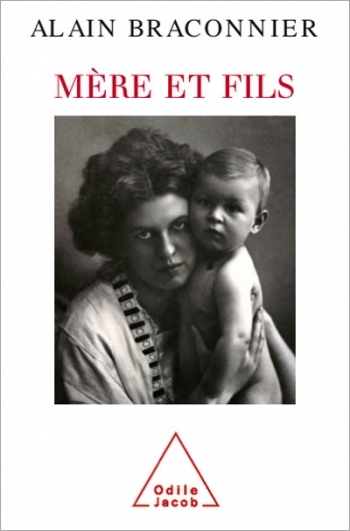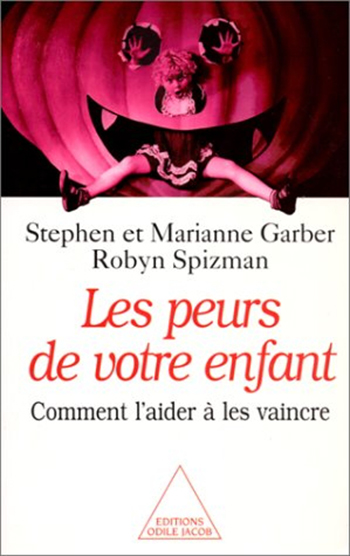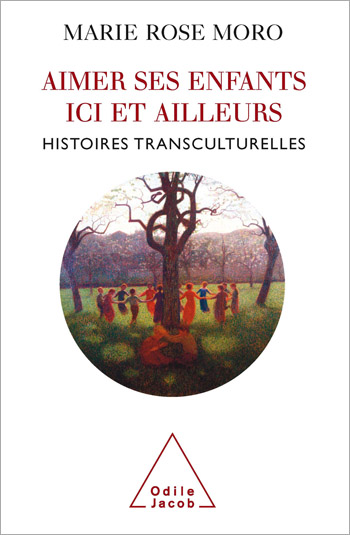Child development All books
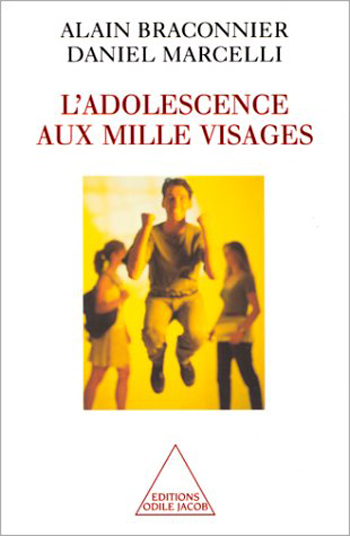
Alain Braconnier, Daniel Marcelli
The Many Facets of Adolescence
How can parents avoid abusing their position of authority, without becoming too chummy? When should adolescent expressions of anxiety and depression warrant serious concern? What is a "problem adolescent"? What should be done in response to the dangers of drugs and of AIDS? First published by Editions Universitaires in 1988, The Many Facets of Adolescence has rapidly became a classic. It has been completely revised for the present edition, in particular the epidemiological data and the sections concerning adolescent depression and the relations between adolescents and their family. Alain Braconnier is a psychiatrist and director of the Centre Alfred Binet in Paris; he also teaches at the University of Paris-V. Daniel Marcelli is a psychiatrist specialising in childhood and adolescence.
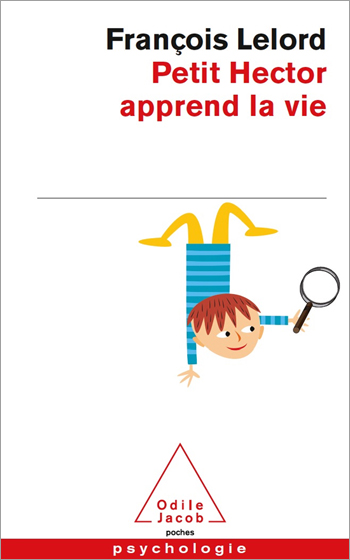
François Lelord
Little Hector Learns About Life
A new hero has been added to François Lelord’s tender and ironic universe
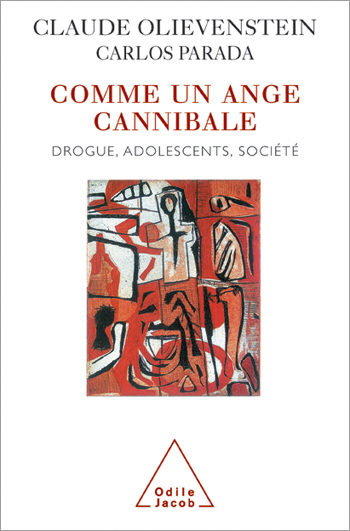
Claude Olievenstein, Carlos Parada
Like A Cannibalistic Angel Drugs, Adolescents and Society
Does it make sense to place hallucinogens and hard drugs in the same category and to regard them all as addictive? Should tobacco and alcohol be put on the same plane as heroin, cocaine and crack ? With the assistance of Carlos Parada, his collaborator at the Centre Médical de Marmottan, Claude Olievenstein offers the reader his latest thoughts and ideas on the highly distinctive world of substance abusers, which is characterised by pleasure, withdrawal, the need for warmth and haste and, above all, by instability and chaos. Claude Olievenstein is the head doctor at the Centre Médical de Marmottan, in Paris, and a senior research fellow at the University of Lyon-II. Carlos Parada, a physician specialising in drug addiction, works at the Centre Médical de Marmottan.
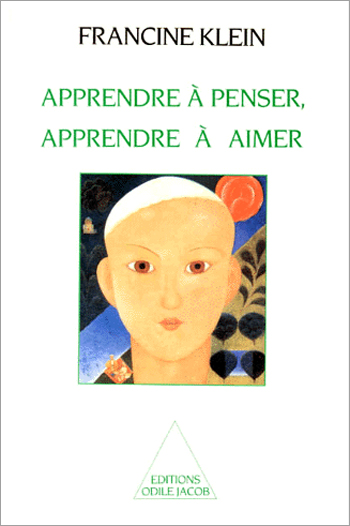
Francine Klein
Learn to Think, Learn to Love
Is everything determined at birth and in our first months of life? Why is it that certain children experience difficulty in learning to walk and to speak? Why them and not others? By describing the mechanics of learning and intellectual development, Francis Klein emphasizes the role of affection and relational factors on early development. She reminds us that to learn to think pre-supposes pleasure and liberty. Francine Klein is a children's psychiatrist and a psychoanalyst.
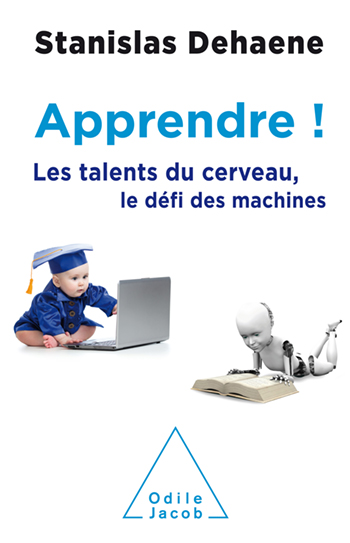
Stanislas Dehaene
Learn
A clear and precise explanation of the essential mechanisms that make our brain the most efficient tool for learning that we know of today...

